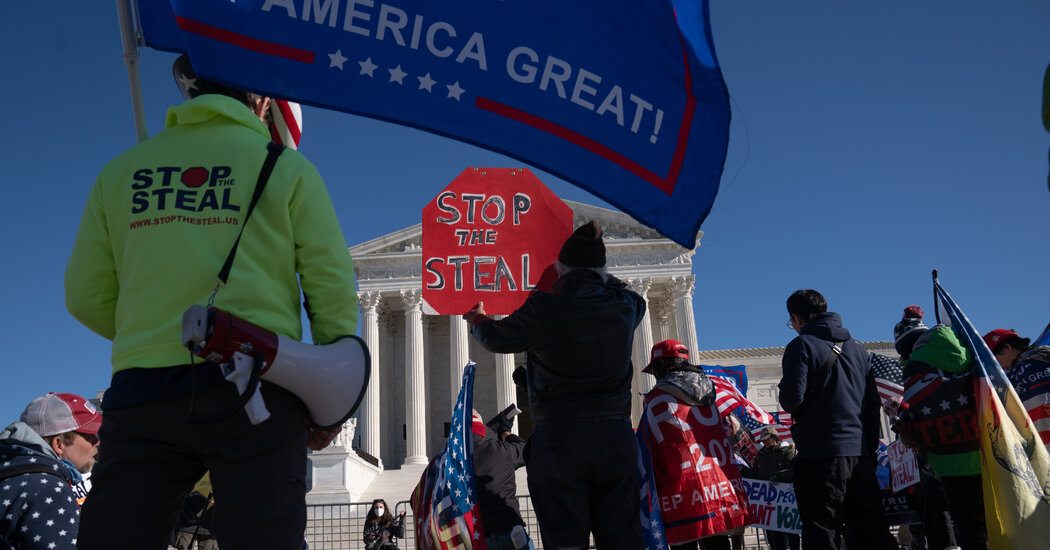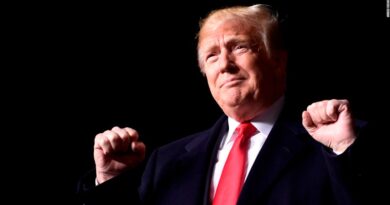Trump’s Sleight of Hand: Shouting Fraud, Pocketing Donors’ Cash for Future

All told, the Trump campaign paid more than a dozen law firms, including $1.6 million to Kasowitz Benson Torres, more than $500,000 to Jones Day and about $600,000 to Dechert. The law firm of Kurt Hilbert, who was on Mr. Trump’s phone call pressuring the Republican secretary of state in Georgia, Brad Raffensperger, to “find” votes to overturn the election outcome, was paid more than $480,000. A $3 million payment went to the Wisconsin Elections Commission to pay for a recount.
One major Republican donor, C. Boyden Gray, who contributed more than $2 million to Republicans in the 2020 cycle, also provided legal consulting for Mr. Trump, earning $114,000.
The Trump operation continued to spend on fund-raising, pouring millions into a secretive limited liability company, American Made Media Consultants, for online and text-message advertising. Family members of Mr. Trump and Vice President Mike Pence once served on the board of the company, which had more than $700 million in spending flow through it during the 2020 campaign.
In the postelection period, more than $63 million in spending flowed through the company from committees linked to Mr. Trump.
The Republican National Committee ended the year with more than $80 million in the bank after the fund-raising blitz, and the party is entitled to a share of the $63 million more in two shared accounts with Mr. Trump. Per an agreement, the R.N.C. collected 25 cents for every dollar Mr. Trump raised online through their joint account in December.
One of Mr. Trump’s shared committees with the R.N.C. spent $237,000 on books through a company, Reagan Investments, that has also done work for a PAC controlled by Senator Ted Cruz of Texas. The Trump campaign offered signed copies of a book by Mr. Cruz last fall to donors who gave $75 or more.
And, as they have since the beginning of his candidacy in 2015, Mr. Trump’s campaign accounts patronized his businesses in the postelection period.
*** This article has been archived for your research. The original version from The New York Times can be found here ***


